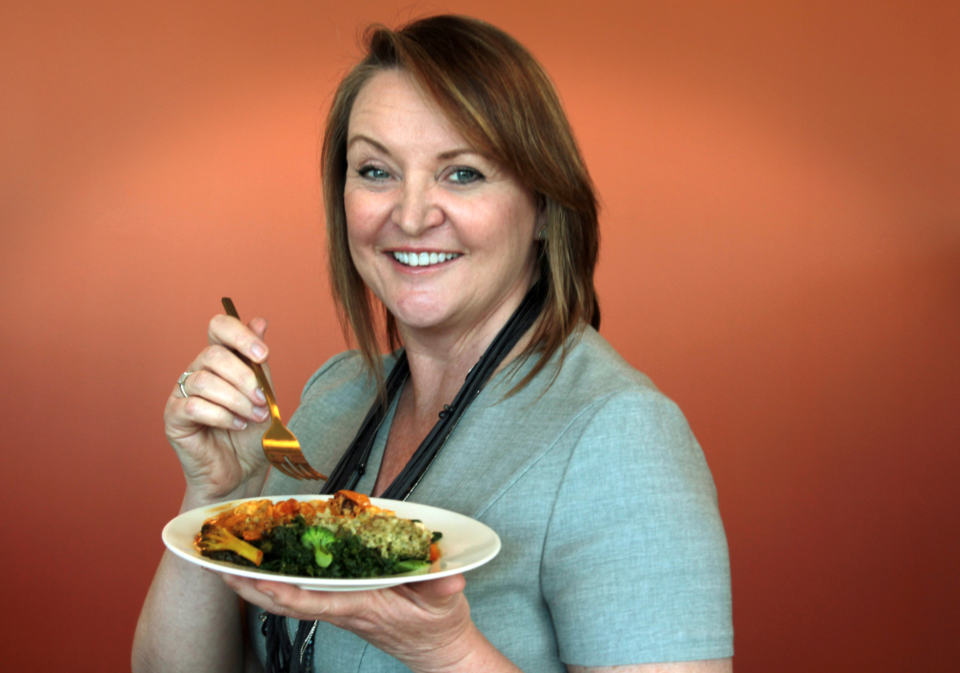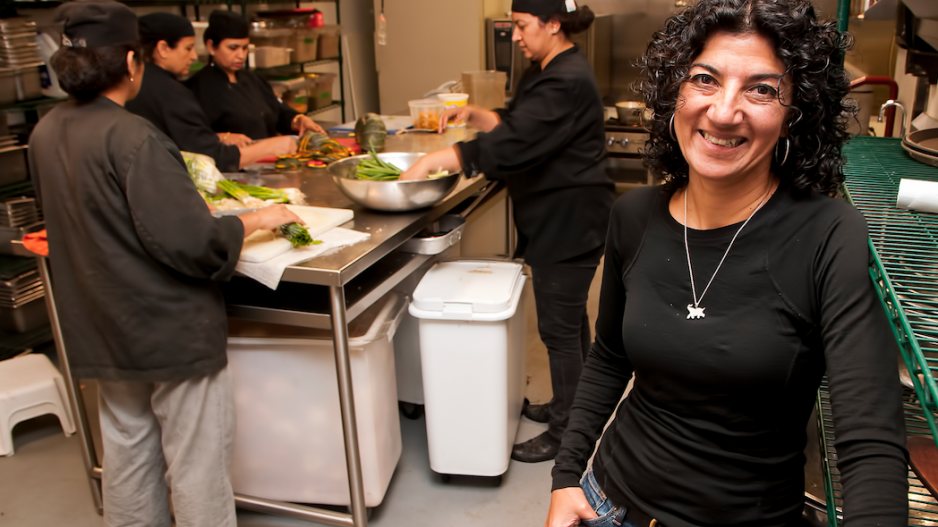Entrepreneurs have long diversified sales channels to hedge against the risk of being dragged into insolvency by a foundering distribution network.
It is no wonder then that food manufacturers and restaurateurs are increasingly exploring the relatively novel yet stable sales channel of selling food to airlines. Those businesses see having their food on planes as a good way to get their brands in front of potential customers, and, if the meal is included with the airline ticket, as a way to acquire a captive audience for their products.
Branding expert and The Still Brandworks creative director Adam Bognar told Business in Vancouver that having potential customers try a product is a better marketing tool than buying online advertising, for example, that pops up and disturbs a customer when they are trying to do something other than think about a restaurant.
Global behemoths, such as Gate Gourmet and CLS Catering Services Ltd., continue to make the lion’s share of airline meals that are served on flights that leave Vancouver International Airport.
The duopoly is so strong that the federal Competition Bureau applied last month for an order to require the Vancouver Airport Authority to welcome new suppliers of in-flight catering.
Air Canada (TSX:AC), however, has been allowing Vancouver restaurateurs and food manufacturers more access to its in-flight meal menus in recent years.
The airline selected Hawksworth Restaurant owner David Hawksworth, for example, about two years ago, to be the signature chef on its business-class menu for all outbound international Air Canada flights.
His creations have recently also started appearing on inbound Air Canada flights from cities such as Frankfurt, Germany.
While Hawksworth creates new menu items for the airline every few months and takes photos to demonstrate how the food is to be prepared, it is Gate Gourmet workers who actually make the meals.
Hawksworth conducts surprise inspections to ensure that food quality is up to his standard, but the bulk of his business’ revenue comes from his namesake establishment and also his Nightingale Restaurant and Bel Café.
He would not discuss details of his revenue arrangement with Air Canada.
Other Vancouver-based food manufacturers, however, have also started selling their products to Air Canada.
The airline started offering customers the option to buy a Luvo chicken meal as part of its buy-on-board program on all of its North American flights earlier this month, Air Canada spokeswoman Angela Mah told Business in Vancouver.

Luvo CEO Christine Day has started selling frozen meals to Delta Air Lines and Air Canada in addition to the main revenue channel of grocery stores | BIV archives
Vancouver-based frozen-meal producer Luvo started selling meals on Delta Air Lines (NYSE:DAL) two years ago as part of a pilot project and then expanded those sales to include all of Delta’s flights that are longer than two and a half hours as well as a couple of shorter flights, Luvo CEO Christine Day told BIV earlier this year.
Delta has exclusive rights to sell Luvo meals on U.S. flights but not on those to Canada, Day explained. That situation opened the door for Air Canada.
Still, the bulk of Luvo’s tens of millions of dollars in annual revenue comes from the rapidly expanding channel of grocery store sales.
Vij’s is another Metro Vancouver food manufacturer that has started providing meals on Air Canada planes.
Unlike Luvo, however, Vij’s has a toehold on only two routes: Toronto to Delhi and Vancouver to Delhi.
Also, unlike Luvo, Vij’s meals will be served free to passengers throughout the economy, premium economy and business-class sections of the Dreamliner planes that are on the airline’s India routes.
Vij’s principal Meeru Dhalwala told BIV that the idea to sell her food to airlines arose a few years ago while brainstorming over coffee with partner Vikram Vij.
Vij approached Air Canada and hosted airline executives at his namesake Cambie Street restaurant. Airline staff then conducted due diligence on Vij’s 28,000-square-foot production facility in Cloverdale, which makes sauces and prepared meals that sell in Whole Foods Market, MarketPlace IGA and Nesters Market among other grocers.
Vij said he did not haggle when Air Canada suggested a price for the meals because his priority was to establish a relationship with the airline.
There is no exclusivity clause in Vij’s agreement. In fact, as he tells it, the pact was largely a handshake deal.
“If WestJet (TSX:WJA) were to come to me, I would ask Air Canada if it was OK,” he said.
Dhalwala said the advantage of the partnership is its economy scale, given that Vij’s is producing about 3,000 meals per week for the airline. More meals may be required if the Vancouver-to-Delhi route becomes daily or if Vij’s is chosen to produce meals for a Toronto-to-Mumbai route that launches next year.
“You can sell five meals for a lot of money and you’ll make a lot of money,” she said. “Or you can sell 1,000 meals for less money and still make a lot of money.”•




